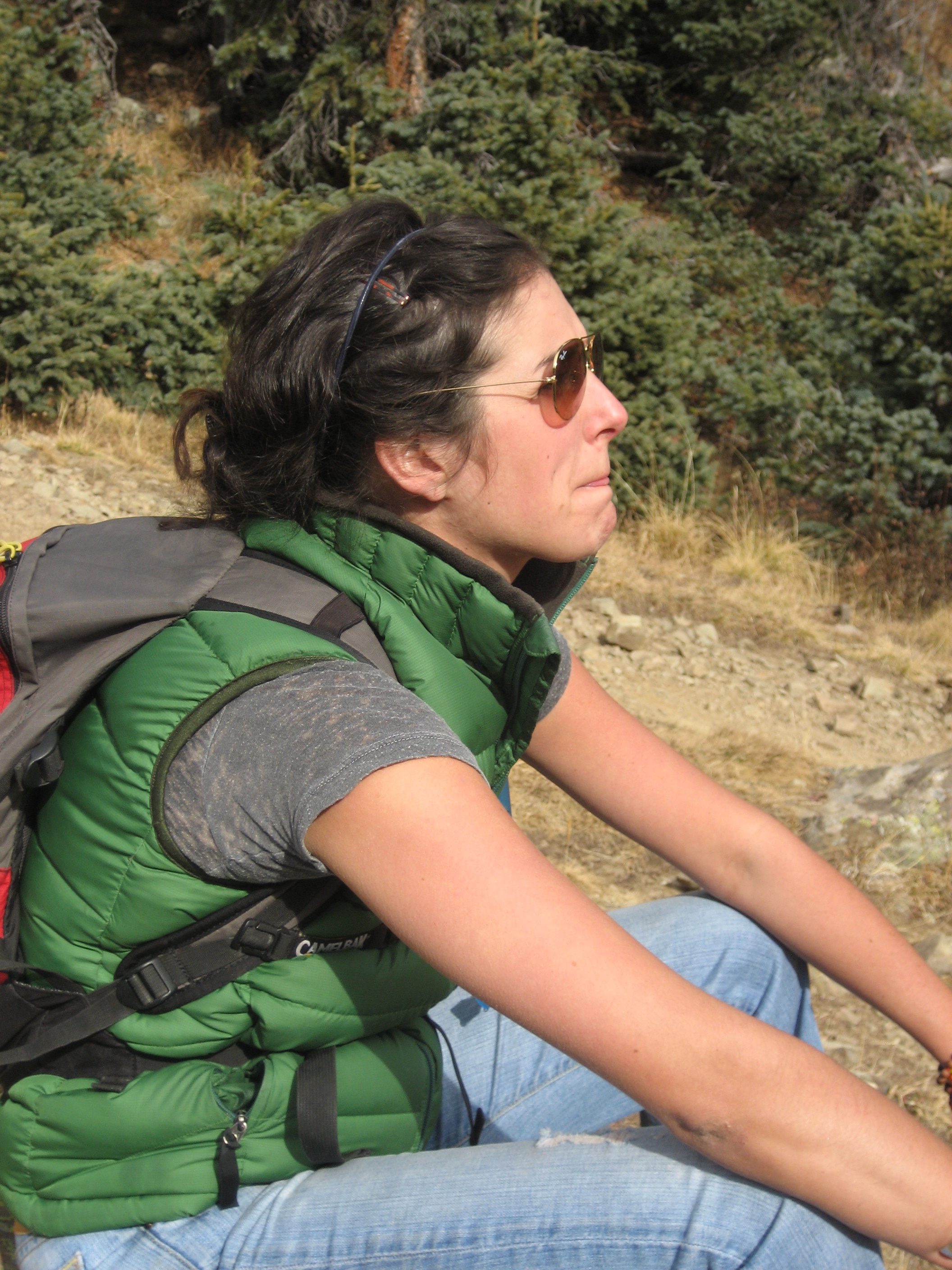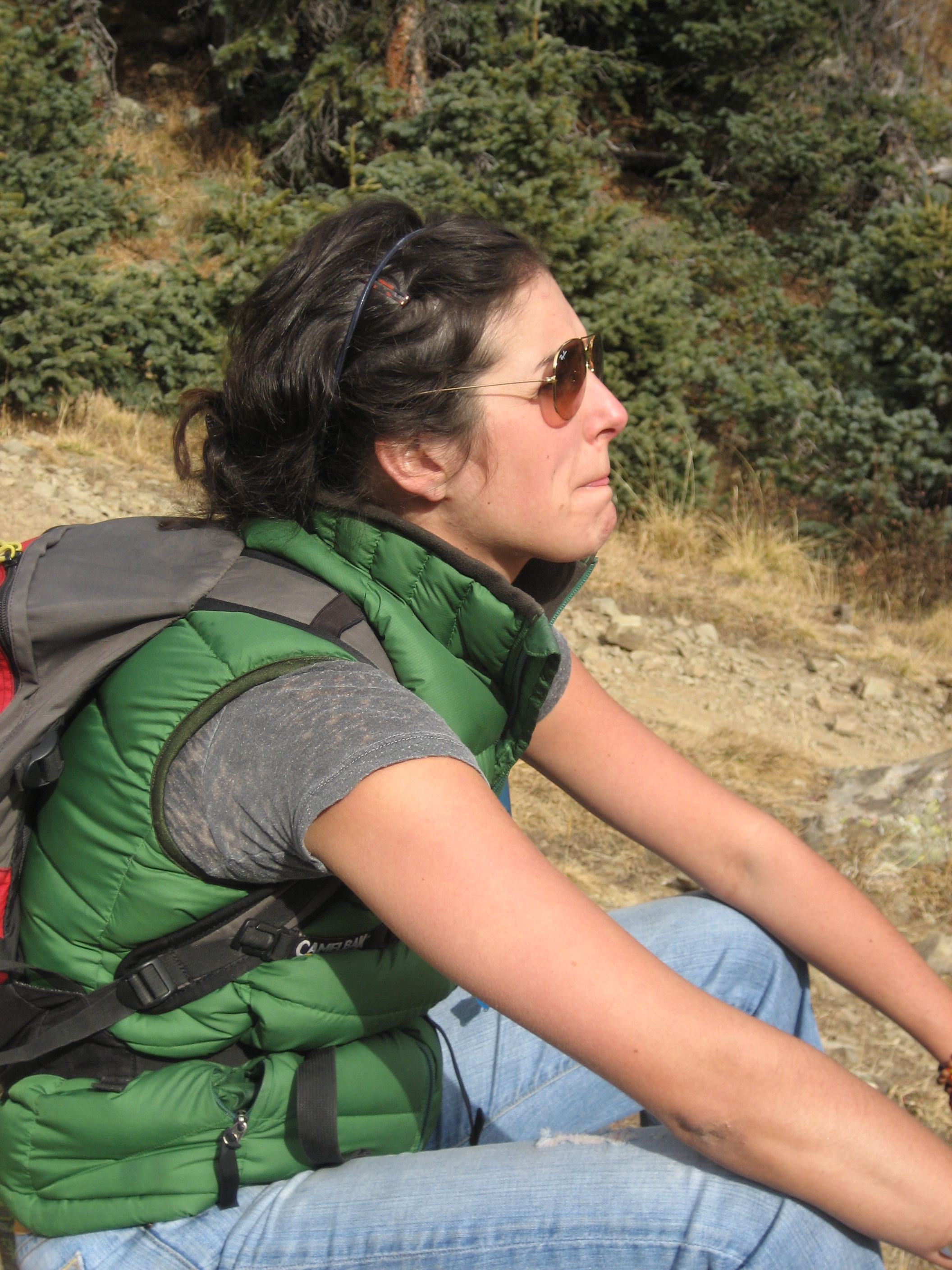When We All Become Zombies, What a Day of Rejoicing That Will Be...
Christopher Fisher
 I imagine (and hope) most of you spent your Easter Sunday relaxing after church with bellies full of ham and mashed potatoes, followed by sporadic nibbles of chocolate, of course. I, however, had to work. In preparation for a much anticipated move to Virginia this summer, we're planning to list our house sometime this week in the floundering real estate market. So we're up to our eyebrows in last minute projects, cleaning, spot painting, etc. I didn't have time to get online yesterday, so I'm just now getting caught up with all the online Easter well-wishes. But there's a lot of something else I missed out on yesterday--though I can't say I minded missing it--something I guess would be the opposite of Easter greetings.
I imagine (and hope) most of you spent your Easter Sunday relaxing after church with bellies full of ham and mashed potatoes, followed by sporadic nibbles of chocolate, of course. I, however, had to work. In preparation for a much anticipated move to Virginia this summer, we're planning to list our house sometime this week in the floundering real estate market. So we're up to our eyebrows in last minute projects, cleaning, spot painting, etc. I didn't have time to get online yesterday, so I'm just now getting caught up with all the online Easter well-wishes. But there's a lot of something else I missed out on yesterday--though I can't say I minded missing it--something I guess would be the opposite of Easter greetings.
Now, I understand that not everyone shares my belief, and I don't expect them to. I can see how the idea of a bodily resurrection from death can sound ridiculous. In all honesty, there are times I question it myself, as any rational human being would. I also am aware that we live in a time and culture where animus toward religion--particularly the "establishment" religion of Christianity--is very much in vogue. But I don't know whether to laugh or rant at the new buzz word many of my non-Christian friends and colleagues are applying to all things Easter.
An old, old story, how a zombie came from glory...
If I have before heard the word zombie used to describe the risen Christ, I don't recall it. But today the word seems to be everywhere. One versed in Christian tradition might at first think that anyone who draws such a comparison must have a less than rudimentary understanding of our faith. But to compare Christ's resurrection to Night of the Living Dead is more than an innocent misunderstanding of Christian doctrine. It is an accusation. It is a pointing finger that says, "see the fool and all his silly, foolish ways!" (Incidentally, this is also a typical Reducto ad ridiculum/straw man fallacy: a mind-numbed, brain-eating zombie makes an easy target to tear down, but anyone who is half-way familiar with both zombies and the account of the risen Christ must admit that--even taking both characters as fiction--they are not the same. Not even close. It's like comparing Prometheus to Spongebob. Apples to maggots.)
I don't worship a zombie. I don't know anyone who does. Unless you count the throngs of George Romero fans, which collectively do form something of a cult, though it's not really the same thing. But even these, should they ever decide to cross over from fanaticism to full-blown zombie worship, would probably be given a modicum of tolerance (though probably not respect). Which makes me wonder, when it comes to Christ's resurrection, why the spite and condescension? Why the willful malice?
Perhaps there's something more...
Consider this. If tomorrow we thawed and revived Walt Disney, cured his every sickness and human frailty, and set him back to sketching delightful little cartoon characters, then not only would this be accepted by the secular world; it would be hailed as the apex of scientific achievement, the climax of the human story. April 6 would ever after be remembered as the day our race conquered our own mortality.
If we say, however, that this has already been done by a person/spirit/force of infinitely greater intelligence and power than our own, then we can expect nothing less than ridicule and contempt. The truth is that it's not the notion of resurrection that many find incredible, even offensive. It's the source of that regeneration. To accept the resurrection of Christ, through the power of God, is to accept our own smallness and reliance on Another for our every breath of life. And it is to acknowledge that to this power we are all accountable.
This, I believe, is the true stone of stumbling for skeptics of resurrection. Not the possibility that the dead may have risen or may one day rise, but the distasteful notion that we are inadequate, incapable of saving ourselves, and not truly our own.


 In Cincinnati, it is supposed to be 85 degrees today. Record breaking temperatures for the first weekend in April in the Tri-state. The sun in my porch where I sit is warm. My dog has had no trouble finding a patch of sun to bathe in. Already, we have been to Starbucks and the dog park. The sun has made us want to get out of bed earlier to live a longer day, be outside in the open air. Already, before 9am I am in a pair of beat up shorts and a white tank top, flip flops and shades. Today is (a) Good Friday.
In Cincinnati, it is supposed to be 85 degrees today. Record breaking temperatures for the first weekend in April in the Tri-state. The sun in my porch where I sit is warm. My dog has had no trouble finding a patch of sun to bathe in. Already, we have been to Starbucks and the dog park. The sun has made us want to get out of bed earlier to live a longer day, be outside in the open air. Already, before 9am I am in a pair of beat up shorts and a white tank top, flip flops and shades. Today is (a) Good Friday.












 and her work can also be found in Relief Number 2. You can visit her website at
and her work can also be found in Relief Number 2. You can visit her website at